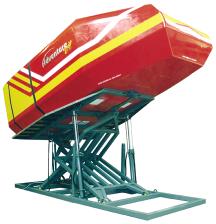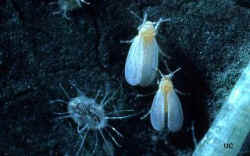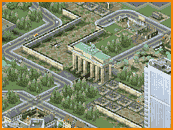| Simulations | ||||||||
|
A simulation is an attempt to model
a real-life situation on a computer so that it can be studied to see how
the system works. By changing variables, predictions
may be made about the behaviour of the system.
A set of rules, relationships and processes needs to be defined. Some simulations will involve complex mathematical formulae. Simple simulations may be done on spreadsheets but complex programs would be needed to simulate many situations. Examples:
Advantages of simulations
Disadvantages of simulations
|
||||||||




